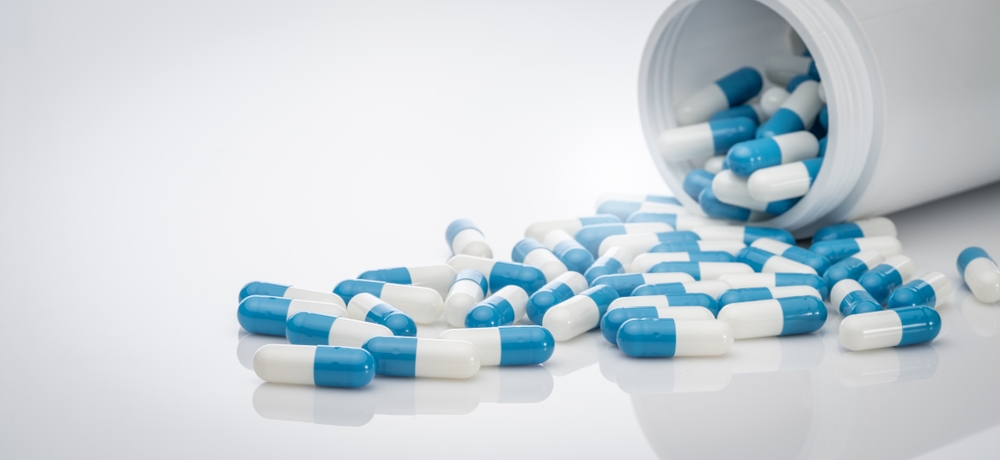
Medications for High Cholesterol
Maintaining healthy cholesterol levels is crucial for heart health. High cholesterol, particularly low-density lipoprotein (LDL) cholesterol, can lead to a buildup of plaque in the arteries, increasing the risk of heart disease and stroke. Dr. Trang Nguyen at Conroe Family Doctor in Conroe, TX, emphasizes the importance of managing cholesterol levels through lifestyle changes and medications when necessary.
Understanding High Cholesterol
Cholesterol is a waxy substance in your blood, essential for building healthy cells. However, too much cholesterol can lead to plaque formation, which narrows and hardens the arteries. This condition, known as atherosclerosis, can restrict blood flow and lead to serious cardiovascular issues. Cholesterol is classified into three main types: low-density lipoprotein (LDL), high-density lipoprotein (HDL), and triglycerides. LDL is often called “bad” cholesterol because it contributes to plaque buildup, while HDL is known as “good” cholesterol because it helps remove LDL from the bloodstream. Triglycerides are a type of fat in the blood, and high levels can increase the risk of heart disease.
Medications for High Cholesterol
Various medications can help manage high cholesterol. Dr. Trang Nguyen can help you explore your options and find the most suitable treatment.
- Statins: Statins are the most commonly prescribed medications for high cholesterol. They reduce the liver’s cholesterol production, particularly LDL cholesterol. Common statins include atorvastatin (Lipitor), simvastatin (Zocor), and rosuvastatin (Crestor). These medications significantly lower LDL cholesterol, reduce the risk of heart attacks and strokes, and may have anti-inflammatory effects on the blood vessels.
- Bile Acid Sequestrants: Bile acid sequestrants bind to bile acids, which contain cholesterol, in the intestines. This binding action prevents cholesterol from being absorbed into the bloodstream. Common bile acid sequestrants include cholestyramine (Questran), colestipol (Colestid), and colesevelam (Welchol). These medications lower LDL cholesterol and can be used in combination with statins for enhanced effect.
- Cholesterol Absorption Inhibitors: Ezetimibe (Zetia) is a medication that reduces the absorption of cholesterol from the diet and bile. It effectively lowers LDL cholesterol and can be used with statins for greater efficacy.
- PCSK9 Inhibitors: PCSK9 inhibitors are injectable medications that help the liver absorb more LDL cholesterol, reducing its levels in the blood. Common PCSK9 inhibitors include alirocumab (Praluent) and evolocumab (Repatha). These medications significantly lower LDL cholesterol and are useful for patients who cannot tolerate statins or have genetic conditions leading to high cholesterol.
- Niacin: Niacin, also known as vitamin B3, can lower LDL cholesterol and triglycerides while raising HDL cholesterol. It improves the overall cholesterol profile and may reduce the risk of cardiovascular events.
- Fibrates: Fibrates primarily lower triglycerides and, to a lesser extent, increase HDL cholesterol. Common fibrates include fenofibrate (Tricor) and gemfibrozil (Lopid). These medications are effective at lowering triglycerides and increasing HDL cholesterol.
Combination Therapies
In some cases, a combination of medications may be necessary to achieve optimal cholesterol levels. Dr. Trang Nguyen can develop a personalized treatment plan that may include a combination of statins, bile acid sequestrants, cholesterol absorption inhibitors, or other medications.
Lifestyle Modifications
Medications are often most effective when combined with lifestyle changes. Dr. Trang Nguyen recommends adopting a heart-healthy diet rich in fruits, vegetables, whole grains, and lean proteins while limiting saturated and trans fats and cholesterol-rich foods. Regular exercise, maintaining a healthy weight, and quitting smoking are crucial for improving cholesterol levels and overall heart health.
Regularly monitoring cholesterol levels is crucial to assess the effectiveness of treatment and make necessary adjustments. Dr. Trang Nguyen will schedule follow-up visits to track your progress and ensure your treatment plan works effectively.
Personalized Care in Conroe, TX
Managing high cholesterol is a lifelong commitment that requires a personalized approach. Dr. Trang Nguyen at Conroe Family Doctor is dedicated to providing comprehensive care tailored to your needs. By combining medications with lifestyle modifications, you can achieve and maintain healthy cholesterol levels, reducing your risk of heart disease and improving your overall quality of life.
Medications such as statins, bile acid sequestrants, cholesterol absorption inhibitors, PCSK9 inhibitors, niacin, and fibrates are available to help manage high cholesterol. Lifestyle changes, including a heart-healthy diet, regular exercise, weight management, and smoking cessation, are crucial for improving cholesterol levels. Regular monitoring and follow-up visits with Dr. Trang Nguyen ensure the effectiveness of your treatment plan and help maintain your heart health.


